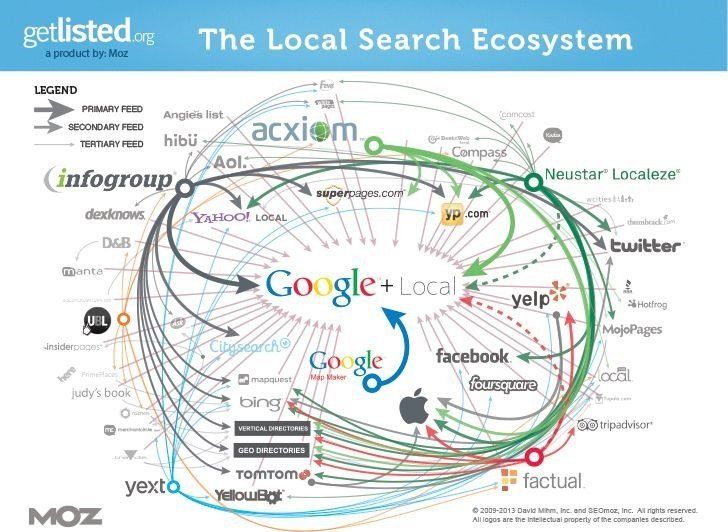How to Protect Your Google Business Listing from Malicious Tampering
Map Hackers!
In a recent article on Wired.com, a local business owner complains that the malicious placement of bad information on his Google+Local (G+L) business listing caused his restaurant to fail. An anonymous Google Maps editor had changed the listed business hours from "open" to "closed" on for Saturdays, Sundays, and Mondays. Business dropped off steadily for months, until the owner was forced to close its doors.
While there may have been other reasons the business closed, the complaint highlights a trend in modern life: searchers (most relevantly, prospective customers) immediately trust the information given to them by the search engine. For business owners, this means that keeping the most visible business information up-to-date -- the G+L listing in particular -- is a high priority. Remember, Google's aim is to replace hardcopy YellowPages-style directories completely and become the end-all be-all knowledge base, and they're doing a pretty good job -- from both user-trust and richness-of-information perspectives.
Think about it: If a G+L listing links to a defunct website, the searcher will probably find another listing that's attached to a website with the information they're looking for. If a walk-in lead drives the half-hour out to your business's old (but still listed) location, only to find an empty building... There's a good chance they're going to drive to someone else's business. The searcher trusts what Google gives them, and if it give them bad information they blame the business instead of Google.
Unfortunately for business owners (and maybe fortunately for Google and search marketing providers!), the local "ecosystem" is anything but static; updating the business information isn't a "once and done" task. Data aggregators like Acxiom and InfoGroup feed business listing information to 1st tier directories, and those directories feed it to lower-tier directories. Google, in turn, harvests this information many sources, and algorithmically decides what the most accurate information is, based on this input.
Claim and update your G+L listing. Check it at least once-per-month to verify the business information hasn't been helpfully "updated" by Google, or tampered with by malicious editors. And while you're there, it wouldn't hurt to post a quick friendly message to greet any prospective customers that find their way to the listing...
A skilled local citation builder knows where to put his attention to mitigate this effect, to keep disinformation from getting out into the system. Consistent monitoring of the directories that people actually use is vital in an age of trusted instant information and plenty of negative SEO tricks and techniques (like ones mentioned in the article) to defend against.
Get the Latest Content in Your Inbox
Want to be the first to know about new content? Sign up to get our weekly blog posts sent to your email!







